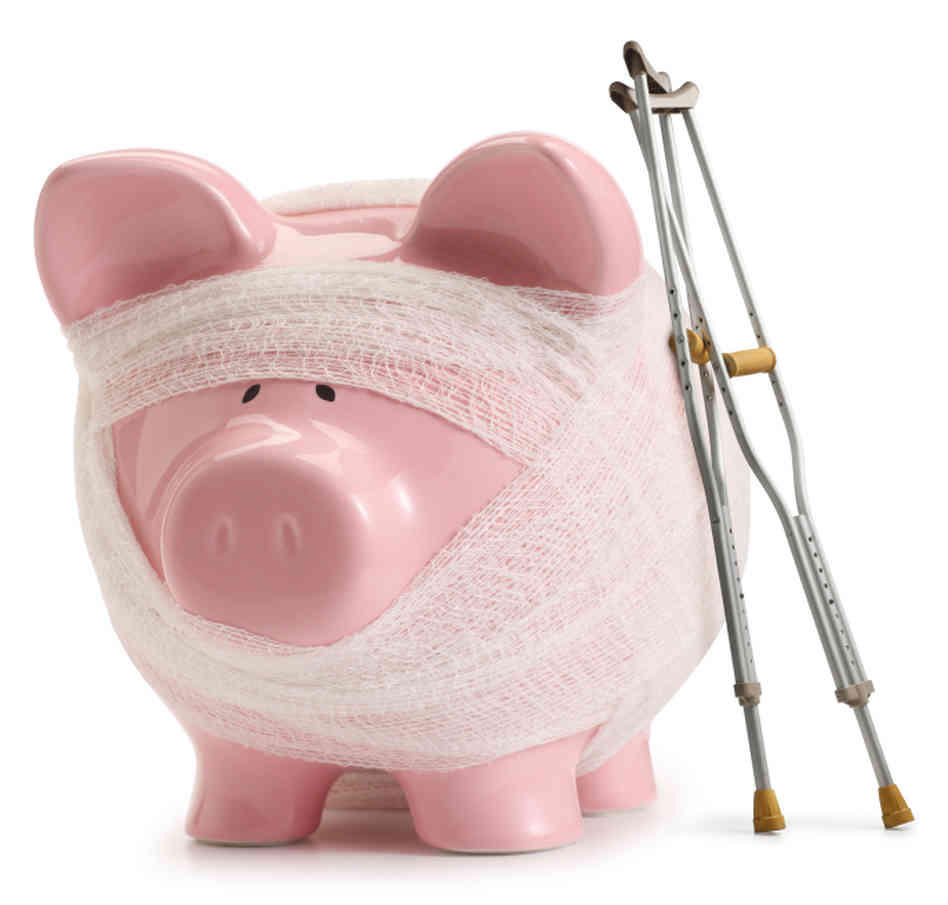How to be financially savvy with the little that you have
I’ve been meaning to write this post for ages but I only
really got on to it after stumbling upon this post right here. It’s about a girl who’s trying to climb her way out of
debt. I totally related to her post. After all, I was there. This is me sharing
some experiences on how I got out.
All the experts say that the key to being financially sound
is to pay off your debt and start saving. I agree…in certain
circumstances...but what happens when saving is not an option? When I first
moved to Joburg, I earned peanuts. I was all alone in Joburg with no financial
support from anyone. I was living in a commune and managed to buy the cheapest
car out there. After rent, car instalments, insurance, petrol and my student
loan, I barely had any money left over for groceries. This is mostly the reason
I hated by first job.
How did I survive? Well, firstly, I knew what I was getting
in to. I knew that I didn’t have a lot of money to work with so I made sure
that my spend on everything was as little as possible. I stayed in a commune
close to work – so my spend on accommodation and petrol was minimal. Being all
alone in Joburg, I needed a car and I chose the cheapest car possible. I
shopped around for insurance. In fact, before I bought my car, I budgeted for
it and saved what I would have spent on a car so I had some money to keep me
going when my salary wasn’t enough.
So yes, saving is important. Although you need to know what
you’re saving for otherwise, you’ll be spending it very quickly. Don’t get me
wrong though – spend your money when you want to. After all, you work hard for
it and you need to feel like that hard work is worth it. With all of my
financial responsibilities, my savings ran out very quickly.
That’s when I learnt all about the debt that banks happily
offer you. My salary just about covered the important stuff. I still needed to
worry about food, clothing, money to have fun and helping my mom out. I learnt
about buying my car on residual. On paper, I extrapolated my salary to 5 years
later to ensure that I could actually afford to pay off the residual when the
time came. This reduced my car payments to something more affordable.
My corporate credit card quickly became my most used card in
my wallet. I used it for everything! Wherever Diner’s was accepted, I used it.
But that meant that the next month, I had to pay everything I owed. I was
literally was living off next month’s salary but with zero interest.
For places that didn’t accept Diner’s, I took out a personal
credit card. In hindsight, I must have paid a crap load in interest. I only
paid the minimum instalment but it helped with the additional money that I
needed.
Eventually, my responsibilities grew and so did my financial
knowledge. I learnt all about overdrafts. It made so much sense but again, it’s
like living off next month’s salary. With all this debt to pay off, I had no
money to save…and therefore, no way to get out of debt.
What the financial experts don’t tell you is that you need
to have enough money to survive in order to save. Eventually, I moved jobs and
earned more money. With the additional cash injection, I paid up my credit
cards and my car. Earning more money also helped me save up for a deposit on a
house.
Right now, my only debt is my home loan. I drive a car that
is fully paid off and use a credit card with a positive balance. I even have enough
savings that I will use as a deposit to buy my next house. The financial
experts will say that I’m doing it right but it was a long road to get there.
So if you are earning very little or if your debt is huge,
here are my tips to help you get through it…from my broke experience:
- Don’t be afraid to move jobs. If someone will
pay you more for the job you currently do, why not think about that for a bit.
You can sometimes only become better at managing your finances when you income
exceeds your expenditure for the basic necessities.
- Be patient. Getting out of debt or earning more
money doesn’t happen overnight. It took me about 4 years to be free of my
credit card debt.
If you’re in this
position, I hope my tips helped. If you overcame your financial troubles in a
different way, I’d love to hear how you did it.










1 comments
I really love this post!
ReplyDeleteI felt like a hamster on a wheel. Working to pay debt and reusing the banks money just to live. I was frustrated with life and so depressed. My greatest help was my family, and even though they couldn't always help me financially - the moral support is what also helped me get through it all.
I still have a big chunk to pay off and my savings will not plump up any time soon. But I know that every day I put that R20 back into my wallet and skip on buying a brazilian hazelnut latte - that I have R20 more to pay off my debt and I amone day closer to financial freedom.